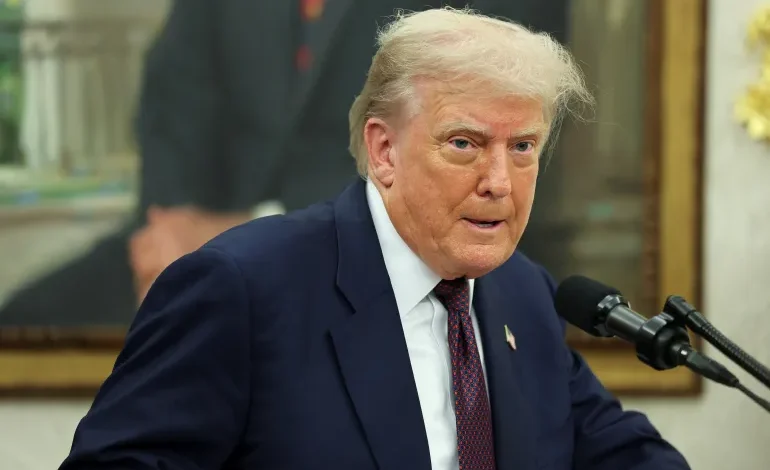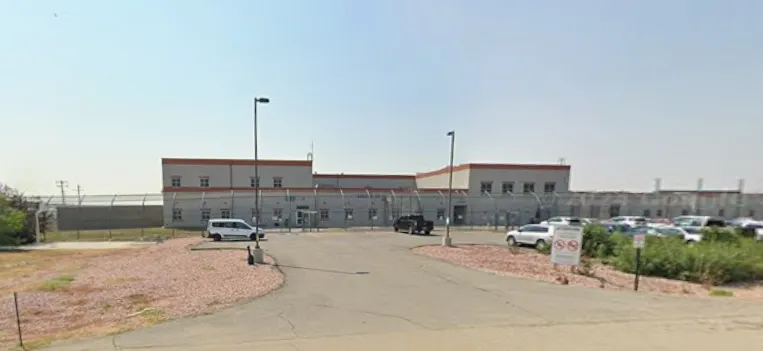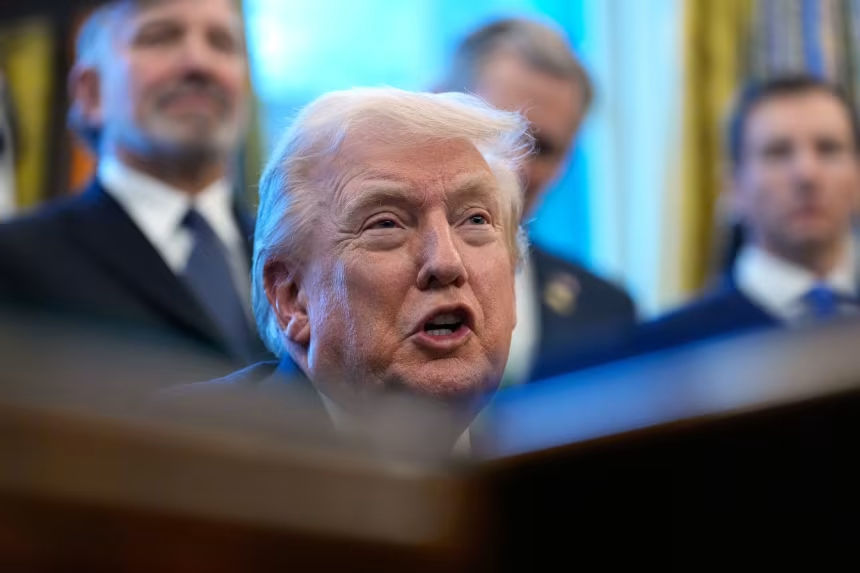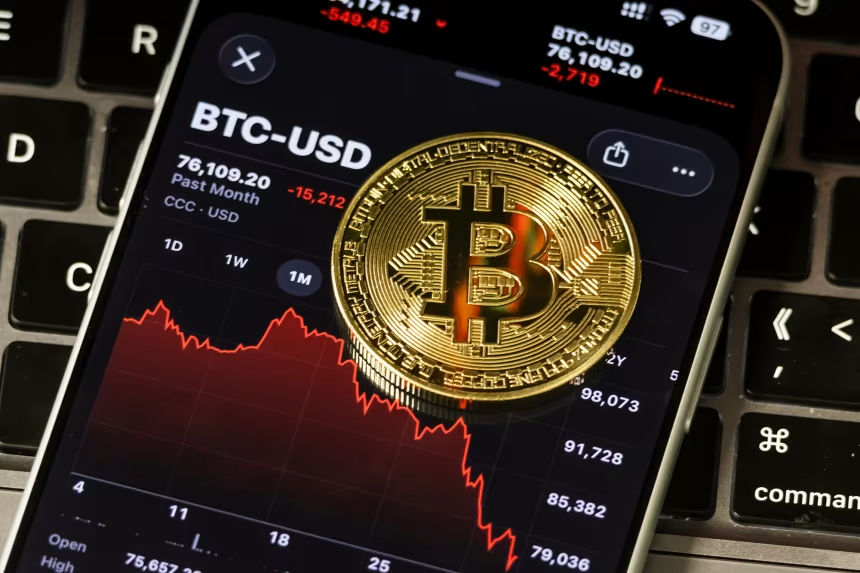Trump’s 100% Chip Tariff: Big Move That Spares Some, Stuns Others

The U.S. is turning up the heat on the global tech game — and semiconductors are now front and center.
On Wednesday evening, President Donald Trump announced that the United States will impose a 100 percent tariff on all foreign-made semiconductors. But there’s a catch — companies with manufacturing investments inside the U.S. will be exempt.
“We’ll be putting a tariff on of approximately 100 percent on chips and semiconductors, but if you’re building in the United States of America, there’s no charge, even though you’re building and you’re not producing yet,” Trump told reporters at the Oval Office on Wednesday evening.
So far, key players like Taiwan and South Korea appear to be off the hook — thanks to earlier groundwork and factory investments made on U.S. soil. Taiwan’s National Development Council quickly clarified that TSMC, the world’s biggest chipmaker, would not be affected. Just this March, TSMC announced it would ramp up its U.S. investments to $165 billion to expand chipmaking and R&D.
South Korea followed suit with similar reassurance. Top chipmakers Samsung and SK Hynix, which already have facilities in Texas and Indiana, won’t face the new tariffs either. Trade envoy Yeo Han-koo said the companies are protected under a favorable trade deal signed with Washington earlier this year.
This all traces back to the CHIPS Act of 2022, a bipartisan effort to bring semiconductor production back to American soil through tax breaks and subsidies,
It laid the foundation for companies like TSMC, Samsung, and SK Hynix to double down on U.S. expansion. Now, those bets seem to be paying off.
But not everyone is celebrating. The Philippines, whose economy leans heavily on semiconductor exports, could face a significant blow. Dan Lachica, president of the Semiconductor and Electronics Industries in the Philippines Foundation, called the tariff “devastating.” He noted that semiconductors account for 70 percent of the country’s exports — and there’s no exemption in sight.
The new tariffs, which are part of a broader push by Trump to reduce dependence on overseas manufacturing, are scheduled to go into effect Thursday. Other industries — including steel, aluminum, pharmaceuticals, and autos — have also been swept up in similar measures in recent weeks.
While Trump frames this as a win for U.S. jobs and factories, others warn it may fuel more uncertainty across the global tech ecosystem. With supply chains already strained, and major economies navigating post-pandemic recovery, it’s clear that the semiconductor race is now also a geopolitical chessboard. And the U.S. just made its move.









The latest news in your social feeds
Subscribe to our social media platforms to stay tuned